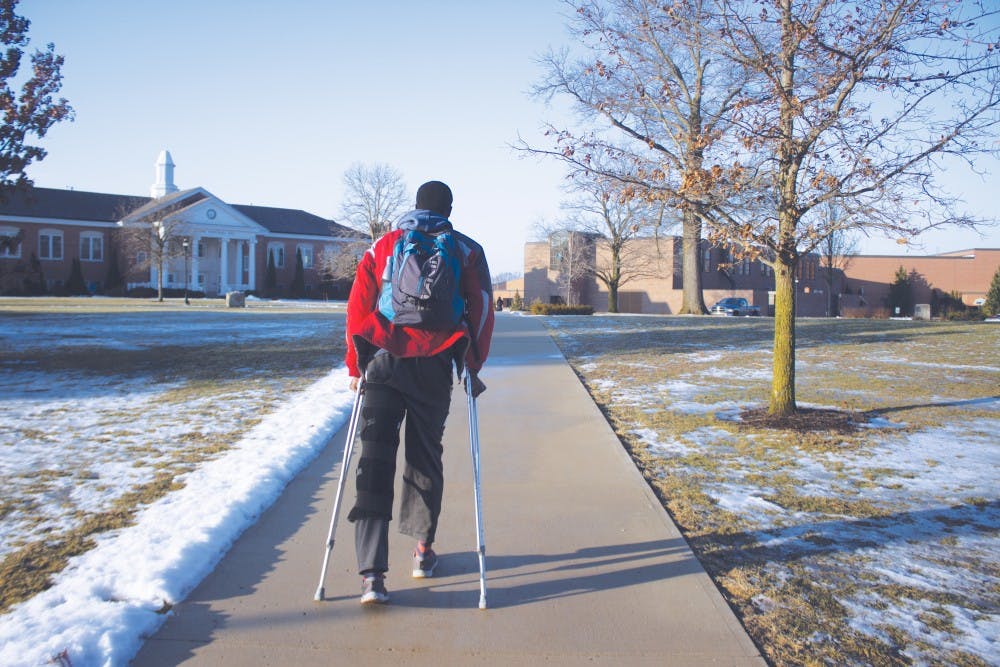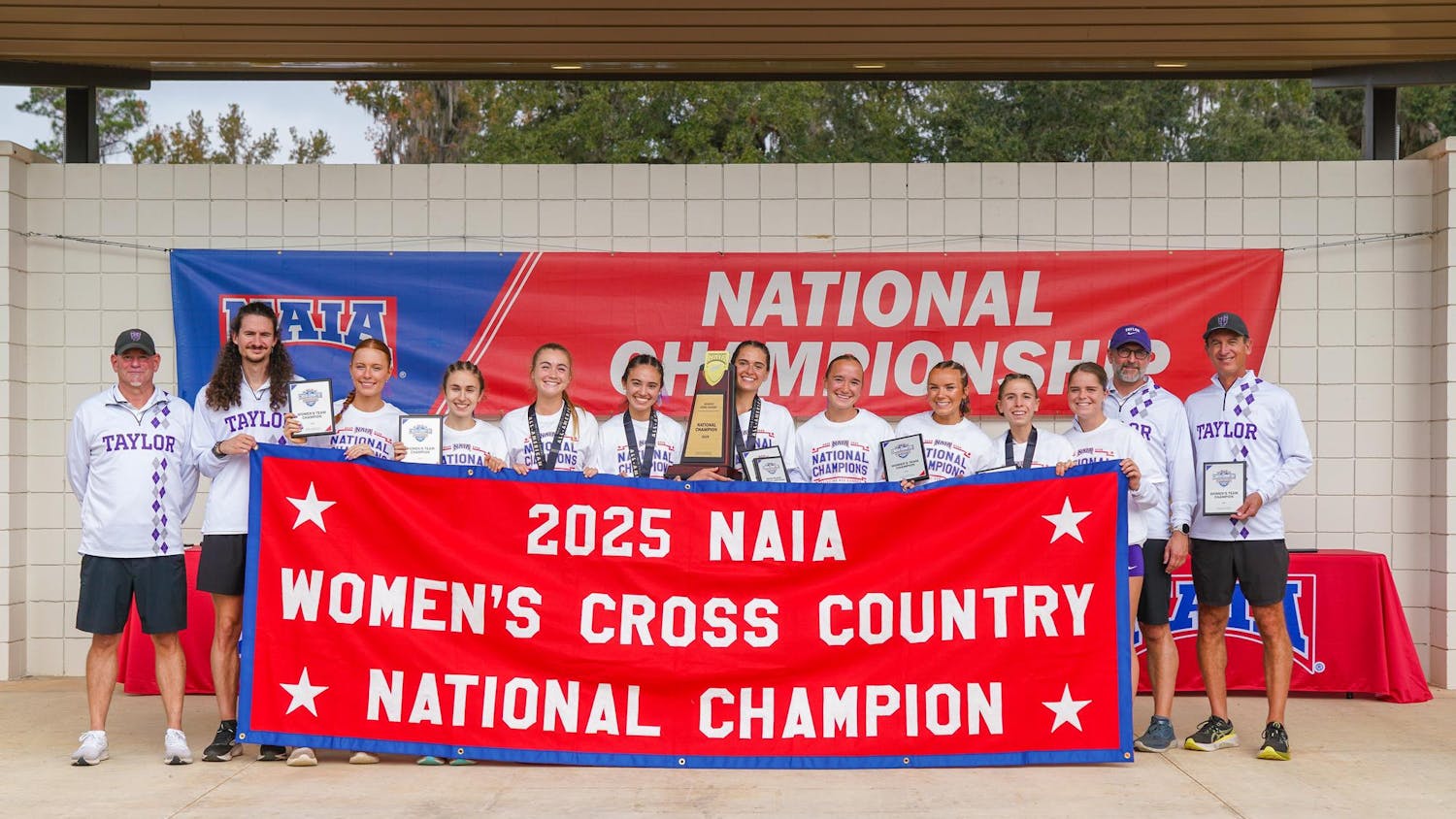Kia Apple | Contributor
Editorial Note: This article is the second in a three part series.
"Members of Gen Z - people ages 15 to 21 - reported the worst mental health of any generation included in the American Psychological Association's annual Stress in America report," Jamie Ducharme said in her TIME article published October 30, 2018.
Usually, mental health is not as identifiable as a physical disability, and when students use it as an excuse, there is a risk for faculty to be dismissive of it. The counseling center is a resource that many students are utilizing, to the point that they are shorthanded.
A former student revealed her struggle in finding the necessary help while "in crisis" for several weeks because the counselors' caseloads were full and options in an area such as Upland are limited. Another student confessed that she did not feel welcome or comfortable going to the counseling center due to the lack of diversity, including in race, gender, age, sexual orientation and disability.
The need for more educational opportunities and the ability to have access to current knowledge of new research and best practices in the field is a recurring theme.
"I feel I'm pretty ignorant and unprepared, and would need to be educated about many kinds of disabilities," Kevin Diller, associate professor of philosophy and religion said. "However, I also feel like I'm at an institution that helps me when students with needs are in my classroom."
Taylor professors are supported by the Academic Enrichment Center (AEC) and Student Development when they have a student with a documented disability in class; however, unless a student chooses to disclose their disability to a professor, professors are only aware of the accommodations they are required to give or how to respond in certain situations.
One professor supports students disclosing their condition if they are willing so that he can learn how to assist a student in and outside of the classroom past the slip of paper listing required accommodations.
Sophomore Clarisa Paschall led and taught a class of freshman once a week last fall as a Foundations preceptor. She expressed concern that while racial diversity was prominently discussed in their training, they did not address disabilities at all.
Sophomore Taylor Marshall, a Bergwall Personnel Assistant, said that disabilities were touched on briefly in their training, but it was a "wait and see" situation that would be addressed if needed. Administrators, staff, faculty and student leaders should be trained and be empowered to acknowledge disabilities and help address any issues.
If you don't have a disability, it can be difficult to understand living in a world designed for non-disabled individuals and the emotional and psychological effects it has. Try navigating Taylor's campus in a wheelchair, or simply turn on the accessibility settings on your smartphone and attempt to operate an app as a blind user.
It's easy to feel isolated and detached from a community when you can't do the same things as your peers. I have friends who can't eat in the Dining Commons or attend events like chapel and Silent Night because of their mental and health challenges.
I would like to propose a disability club or organization on campus where anyone can join to encourage one another, learn more about disabilities and understand the impact it has on a person's life, community and world. We have the Black Student Union, International Student Society and a psychology club, why not disability support and awareness?





